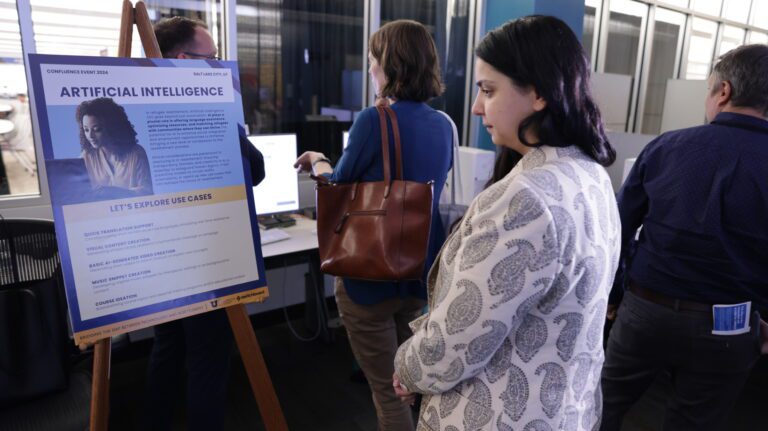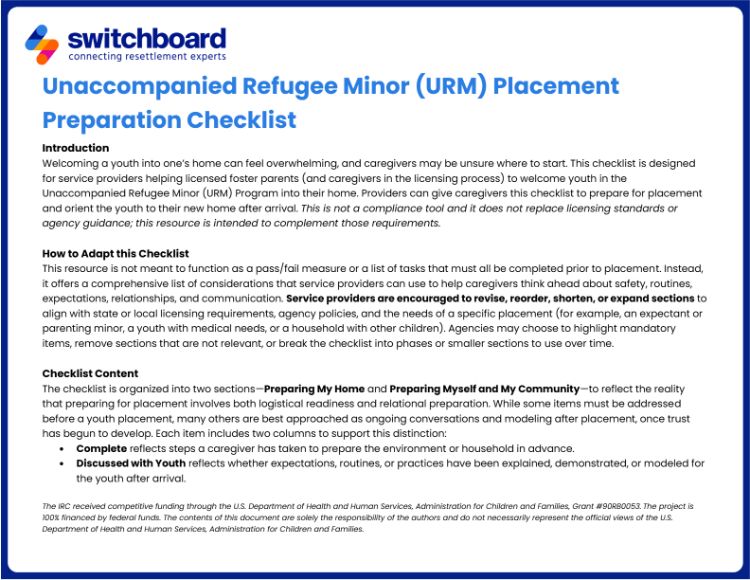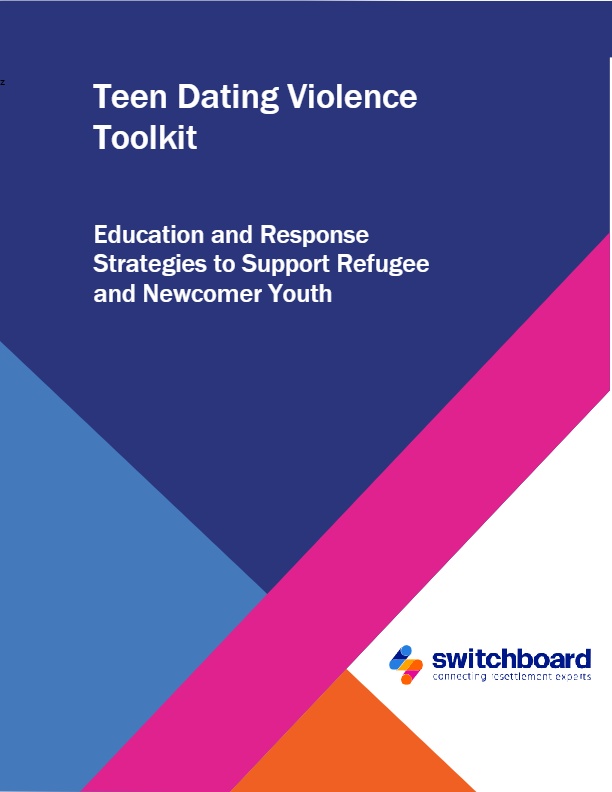Is “smart” technology the ultimate goal? Can we design and deploy artificial intelligence in ways that move us from “smart” to “wise” technology? If so, how can we measure this shift and apply wise methods to protect vulnerable populations? Drawing upon his Solutions Scholarship approach at the AI Ethics Lab at Rutgers, Dr. Nathan C. Walker will reframe AI ethics as a generative practice, one that not only upholds the principle of nonmaleficence (do no harm) but also affirms beneficence (the commitment to do good). His keynote will challenge the moral distance in ethical decision-making at every stage of the #AI lifecycle and call for active engagement from all stakeholders, whether resettlement caseworkers, volunteers in community-based organizations, or leaders of refugee service agencies. Dr. Walker applies frameworks like the AI & Human Rights Index and the practice of “sustained ethical decision-making” across the development, design, deployment, and monitoring of AI. He advocates for using technology not just to be smart but to foster collective wisdom, resilience, self-reliance, and a common good across borders and generations.
This keynote is a part of Switchboard’s 2025 Confluence, which shares practical tools, techniques, and examples of how ethical and affordable technologies can address current resettlement challenges, with an emphasis on reaching and serving clients who are not located in proximity to services and resources. This event engages service providers and partners looking to leverage technology—from everyday tools like smartphones and apps to emerging technologies like artificial intelligence (AI) and virtual reality (VR)— to address the challenges of the current moment. Via interactive workshops, panel discussions, and demonstrations, the event will focus on technology’s potential to reach more clients, and achieve stronger outcomes, despite constraints.






